Common Car Sounds & What They Might Mean
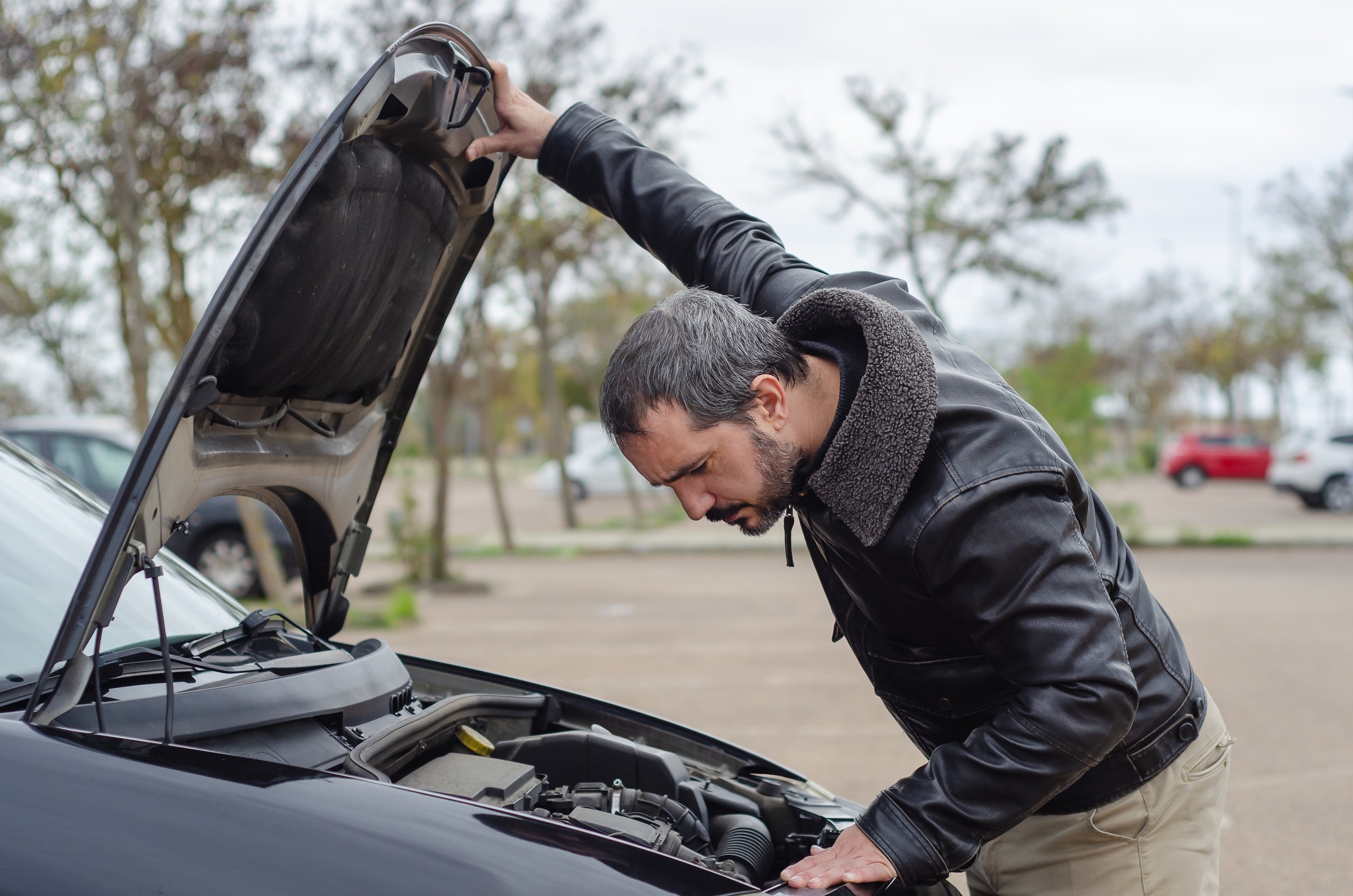
As a driver, you can easily become familiar with the usual hums and noises of your car. But what should you do if you hear something new? Identifying strange car sounds can help you address potential issues early and avoid costly repairs. Below, we’ll break down common car noises and what they might indicate about your vehicle.
Key Points:
- A squealing noise when braking often means worn-out brake pads.
- Grinding sounds may point to transmission or wheel bearing problems.
- Engine knocking often indicates pre-ignition or timing issues.
- Rattling under the car could signal exhaust system damage.
- Hissing noises suggest a leak in the cooling or exhaust system.
- Clicking when turning often means a failing CV joint.
- Roaring noises might be caused by tire or muffler issues.
- Buzzing or vibrating may stem from unbalanced wheels.
- Tapping noises from the engine often result from insufficient oil.
1. Squealing When You Brake
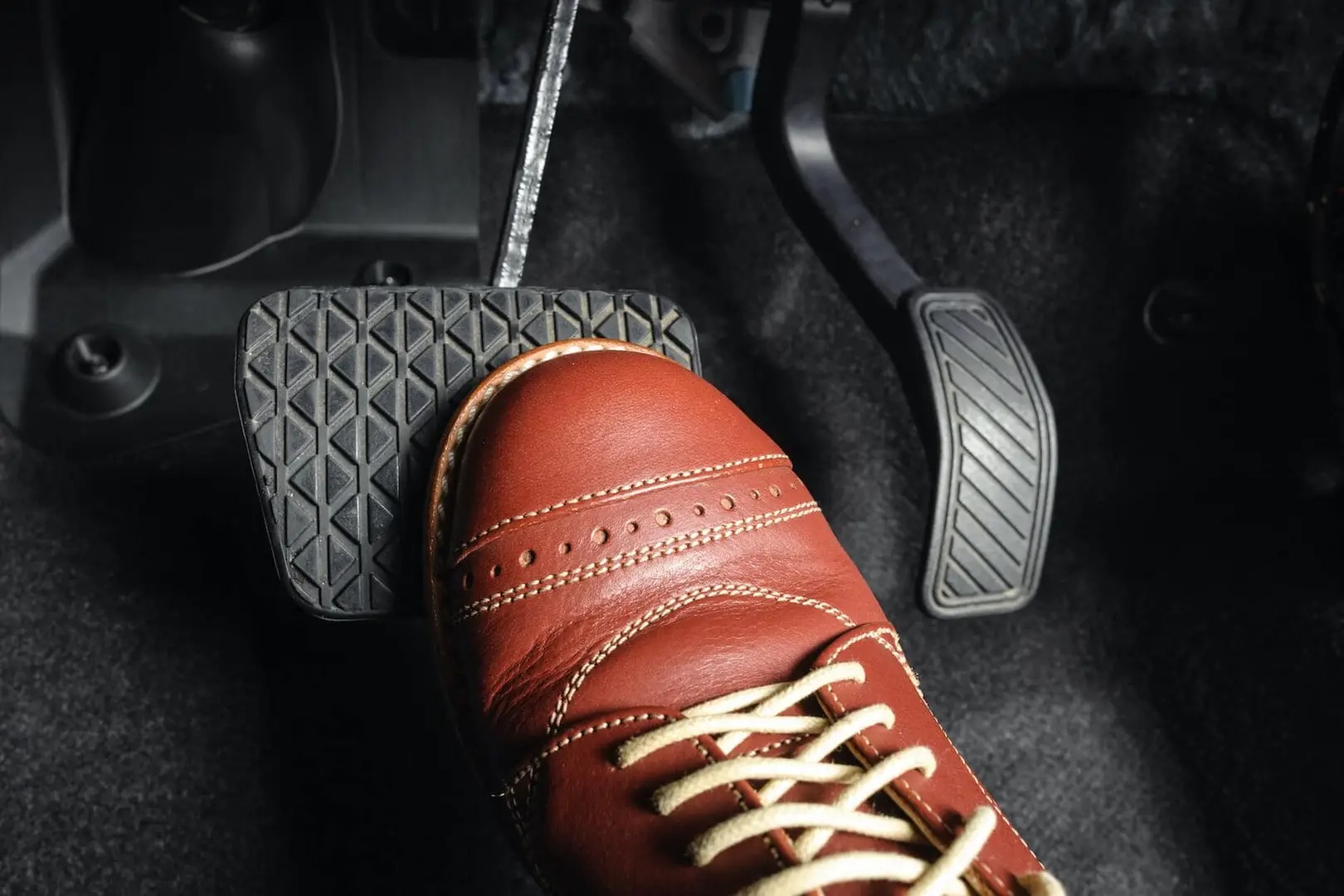
Source: baierlchevrolet.com
A high-pitched squealing noise when you hit the brakes is often a sign that your brake pads are wearing thin. Many brake pads are designed with a built-in metal indicator that emits this sound to alert you it’s time for a replacement. Ignoring it could lead to damage to your rotors and more expensive repairs.
For more information on maintaining your brakes, visit the National Highway Traffic Safety Administration for expert tips on vehicle safety.
2. Grinding While Driving
A grinding noise, especially when shifting gears or accelerating, may indicate a problem with your transmission or wheel bearings. If the grinding is coming from the transmission, it could mean low transmission fluid or worn-out gears. If it’s from the wheels, it might be due to deteriorating wheel bearings that need immediate attention.
3. Knocking From the Engine
Hearing a knocking or pinging sound from your engine is usually a sign of pre-ignition, which happens when fuel burns unevenly in the engine cylinders. This could result from using the wrong fuel grade or issues with the spark plugs or timing belt. Persistent knocking should be evaluated by a professional to prevent engine damage.
4. Rattling Under the Car
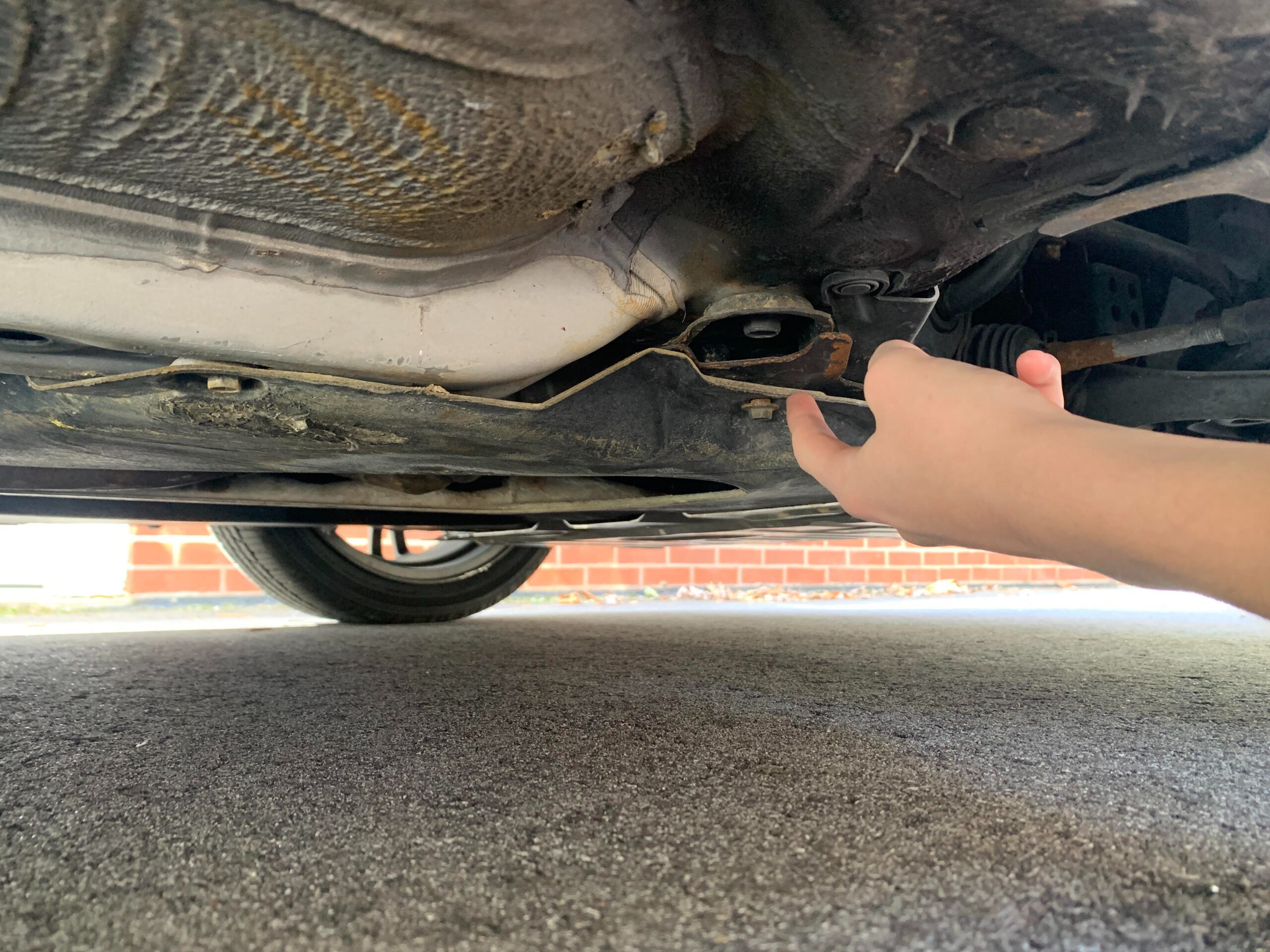
Source: reddit.com
A rattling noise under your vehicle might point to a loose exhaust system component or a damaged catalytic converter. Over time, components of the exhaust system can corrode or loosen, causing them to rattle. This is usually a minor fix, but should not be ignored as it can worsen if left unchecked.
5. Hissing From Under the Hood
If you hear a hissing noise when the engine is running, it’s likely caused by a leak in the cooling system, vacuum lines, or exhaust system. A leaking radiator hose, for example, could cause the engine to overheat, leading to major repairs. It’s essential to pinpoint the source of the hiss and address it promptly.
6. Clicking While Turning
A clicking noise when turning your vehicle is a common sign of a failing CV joint. CV joints are crucial for transferring power from the transmission to the wheels, and they are especially prone to wear in front-wheel-drive cars. Replacing a faulty CV joint early can save you from losing control of your vehicle.
7. Roaring While Driving
A roaring sound that gets louder as you speed up could mean an issue with your tires or exhaust system. Uneven tire wear or underinflation can cause roaring, while a damaged muffler might amplify engine noise. Both issues should be checked to maintain safety and optimal vehicle performance.
8. Buzzing or Vibrating While Driving

Source: carfromjapan.com
A buzzing or vibrating sound, especially when traveling at higher speeds, could indicate a loose or unbalanced wheel. This issue may stem from uneven tire wear, a misaligned wheel, or even a loose lug nut. Ignoring it can lead to uneven tire wear or compromised safety. A quick inspection by a professional can ensure your wheels are secure and balanced.
9. Whistling Noises While Driving
If you notice a whistling sound while driving, it may be caused by gaps or damage in your car’s weather stripping or a faulty seal around the windshield. Wind entering these gaps at high speeds creates a distinct whistle.
Quick Tips to Fix Whistling:
- Check and replace damaged weather stripping.
- Inspect windshield seals and repair any cracks.
- Keep windows fully closed when driving.
10. Tapping From the Engine
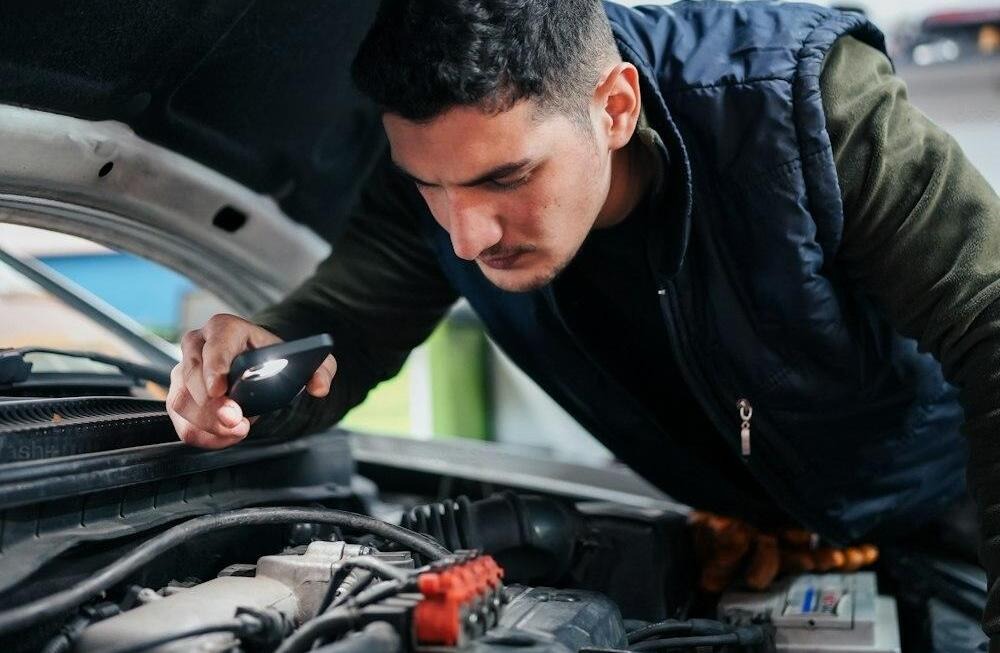
Source: spotdem.com
A rhythmic tapping or ticking noise from the engine is often linked to a lack of proper lubrication. This sound typically occurs when the oil level is low or the oil pump isn’t circulating oil effectively. Left unaddressed, this can lead to severe engine damage. Checking and maintaining the proper oil level can resolve this issue and keep your engine running smoothly.
11. Sudden Popping Sounds From the Exhaust
A popping or backfiring sound from your exhaust system could signal an issue with the air-fuel mixture or a failing catalytic converter. These noises may indicate incomplete combustion or excess fuel igniting in the exhaust.
How to Prevent Exhaust Popping:
- Ensure routine engine tune-ups.
- Use high-quality fuel and avoid contaminated gas.
- Check oxygen sensors regularly for wear.
12. Chirping Sounds From the Belt System
Chirping sounds under the hood often point to a misaligned or worn-out belt. This noise is typically caused by slippage on the pulleys. Belts play a vital role in driving components like the alternator and air conditioning.
Steps to Address Chirping Belts:
- Inspect the serpentine belt for cracks or fraying.
- Use a belt tension gauge to check proper alignment.
- Replace damaged belts promptly to avoid further issues.
What To Do When You Hear Unusual Sounds
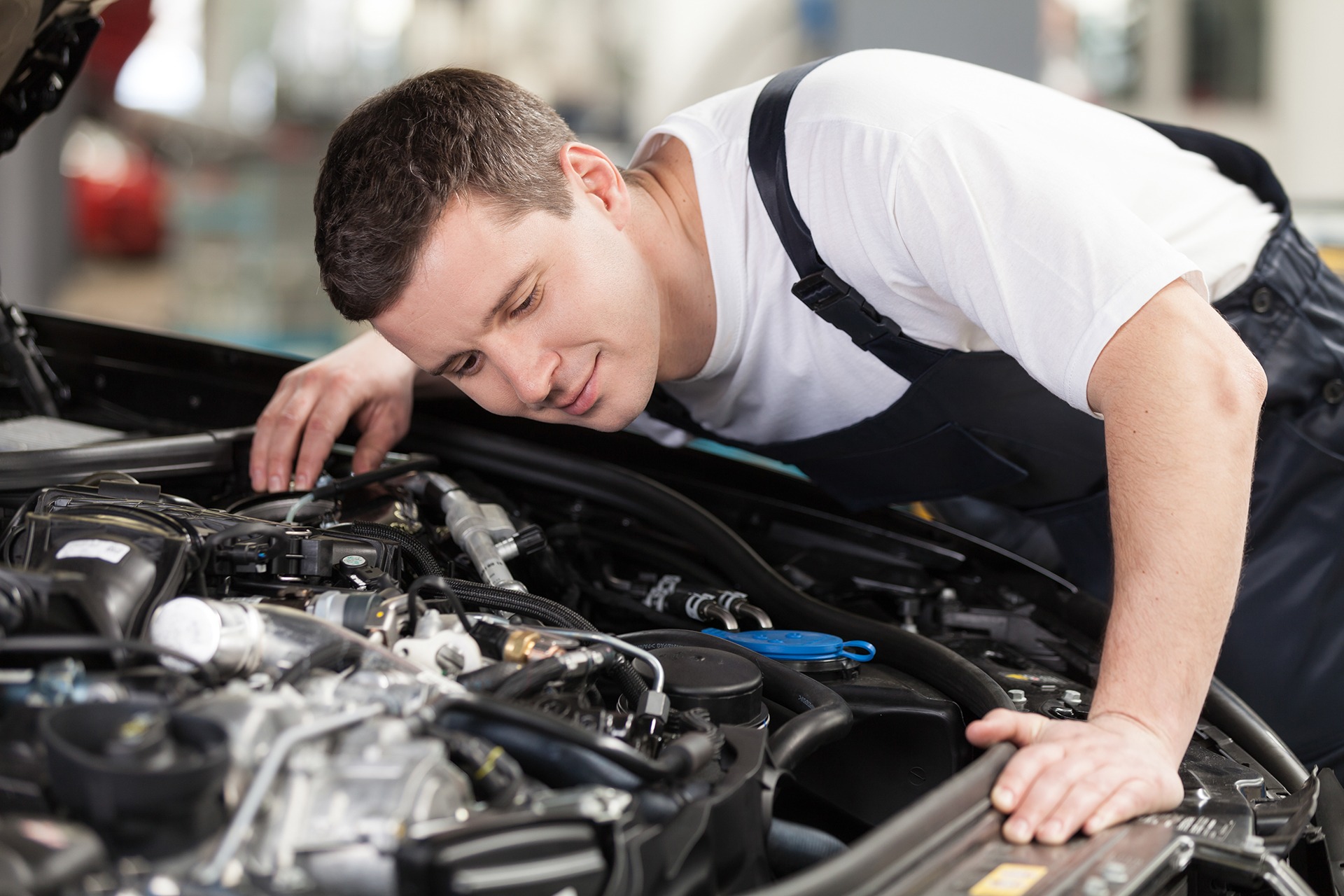
Source: autoapp.sg
Unusual car noises are your vehicle’s way of telling you something needs attention. While some sounds indicate minor issues, others could signal major problems. Here’s what to do:
Take Note of the Sound – Pay attention to when and where the noise occurs, such as during braking, accelerating, or turning.
Describe It Accurately – When consulting a mechanic, describe the noise – is it a squeal, grind, hiss, or click?
Seek Professional Help – Don’t delay in having your car inspected. A trusted auto repair service can diagnose the issue and recommend a solution.
For reliable diagnostics and repairs, consider a trusted local service like Action Auto.
Trust Local Expertise for Your Car’s Needs
While chain repair shops may seem convenient, local auto services like Action Auto often provide a more personalized experience. With a focus on customer satisfaction and community reputation, local businesses are better equipped to handle your specific needs. Choosing a local service also supports the local economy and ensures your car receives expert care. If your car is making strange noises, visit auto repair service for prompt and professional assistance. Keeping your vehicle in tip-top condition has never been easier!
Leave a Reply